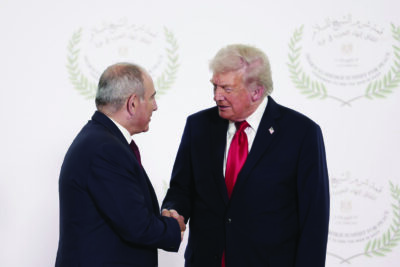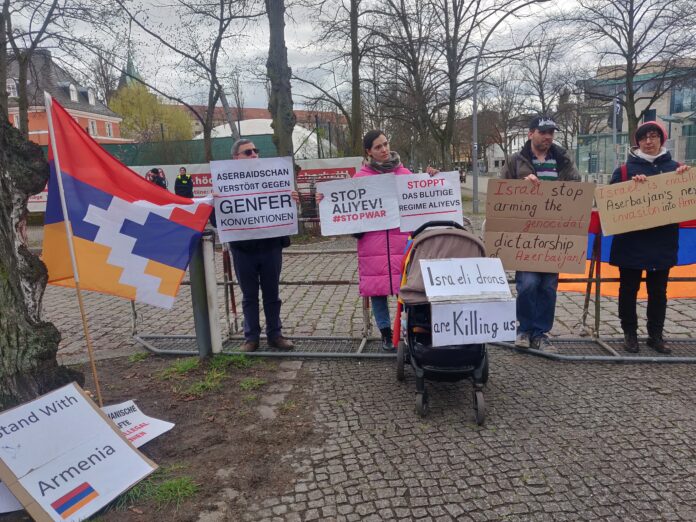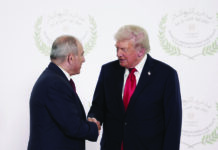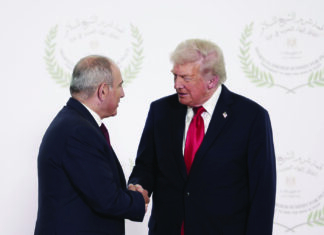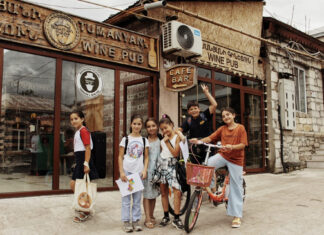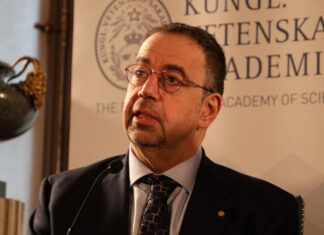BERLIN — “Israel, stop arming Azerbaijan’s genocidal dictatorship!” With this call, two Berlin-based civil society groups held a vigil in front of the Israeli Embassy on March 26.
Twenty people from the grassroots movement, Theophanu Club Germany, and the human rights organization, Against Genocide, for International Understanding (AGA), gathered to lodge their protest action, which was authorized by the local police. Pickets and banners they displayed sent out unambiguous statements: “Azerbaijan is holding Armenian civilians hostage”, “Israeli drones are killing us”, “Recognize Armenian genocide”, “Stop energy cooperation with dictator in Azerbaijan”, “Free Lachin corridor”, “Azerbaijan invades Armenia while the world watches” and more.
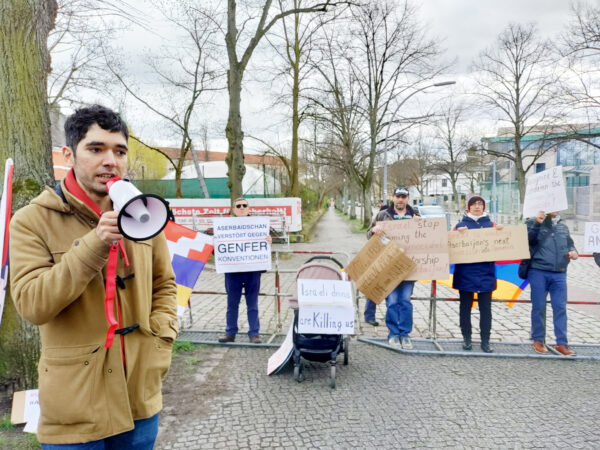
In their call, the groups documented the involvement of Israel in arming Azerbaijan; 70 percent of its weapons imports have come from Israel since the 2016 war against Artsakh (Nagorno-Karabakh). Four years later, “Israeli drones and modern weapons played a decisive role in killing Armenians in Artsakh, in the victory and occupation of large areas.”
Israel has continued to arm Azerbaijan to the present day. Former Israeli Minister Efraim Sneh is quoted as having said, “We are for a strong, independent, secular Azerbaijan. And that is the basis for our cooperation. In this respect this is very important: oil from Azerbaijan to Israel, modern military equipment from us to them. Very important. And we are involved in other aspects, from person to person, in cultural relations. But the basis is energy and defense.”
The protesters denounced Azerbaijan’s repeated military incursions into Armenia since 2021, its occupation of border areas, and continuing threats. Most important is the blockade of the Lachin corridor and the humanitarian crisis it has created. In their announcement of the vigil, the organizers cited warnings issued by genocide scholars since August 2022, of the dangers posed to Armenians in the South Caucasus by such policies.
That Israel should be providing military equipment to Baku has more than logistical implications.
